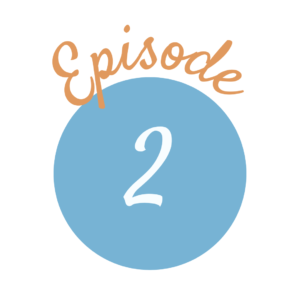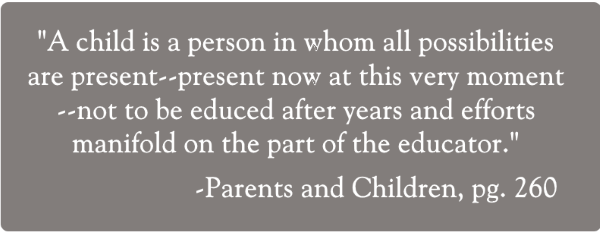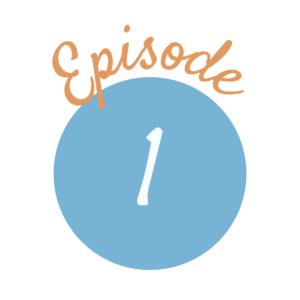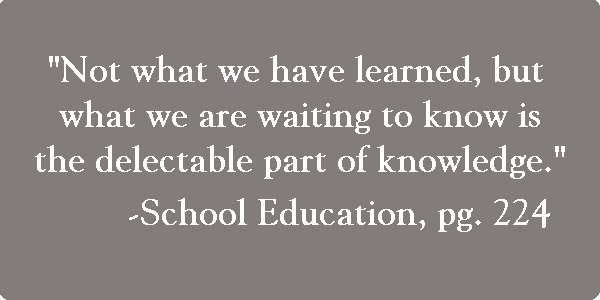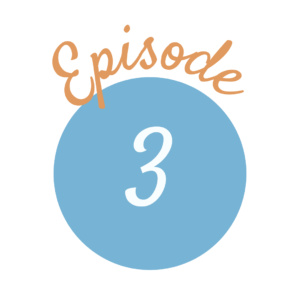
Charlotte Mason has a unique view of the student and the way in which he learns. This episode focuses on the role of the teacher and how his responsibilities and approach to teaching likewise take on a different perspective in her method. Nicole, Emily and Liz begin with a comparison of traditional teaching qualifications versus Mason’s requirements for teachers, concluding with the life-changing help every teacher has at her disposal.
Listen Now:
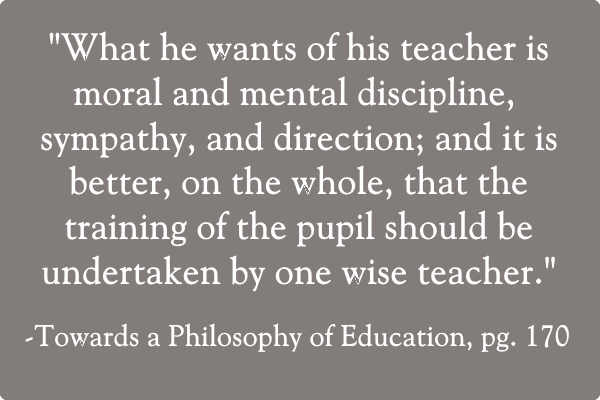

“We may not despise them, or hinder them (‘suffer the little children’), or offend them by our brutish clumsiness of action and want of serious thought; while the one positive precept afforded to us is ‘feed’ (which should be rendered ‘pasture’) ‘my lambs,’ place them in the midst of abundant food.” (Towards a Philosophy of Education, pg. 81)
“[Y]ou may bring a horse to the water, but you cannot make him drink. What I complain of is that we do not bring our horse to the water. We give him miserable little text-books, mere compendiums of facts, which he is to learn off and say and produce at an examination; or we give him various knowledge in the form of warm diluents, prepared by his teacher with perhaps some grains of living thought to the gallon. And all the time we have books, books teeming with ideas fresh from the minds of thinkers upon every subject to which we can wish to introduce children.” (School Education, pg. 171)
“[T]he great recognition, that God the Holy Spirit is Himself, personally, the Imparter of knowledge, the Instructor of youth, the Inspirer of genius, is a conception so far lost to us that we should think it distinctly irreverent to conceive of the divine teaching as co-operating with ours in a child’s arithmetic lesson, for example. But the Florentine mind of the Middle Ages went further than this: it believed, not only that the seven Liberal Arts were fully under the direct outpouring of the Holy Ghost, but that every fruitful idea, every original conception, whether in Euclid, or grammar, or music, was a direct inspiration from the Holy Spirit, without any thought at all as to whether the person so inspired named himself by the name of God, or recognised whence his inspiration came.” (Parents and Children, pg. 270-71)
“Let this be the mother’s key to the whole of the education of each boy and each girl; not of her children; the Divine Spirit does not work with nouns of multitude, but with each single child. Because He is infinite, the whole world is not too great a school for this indefatigable Teacher, and because He is infinite, He is able to give the whole of his infinite attention for the whole time to each one of his multitudinous pupils. We do not sufficiently rejoice in the wealth that the infinite nature of our God brings to each of us.” (Parents and Children, pg. 273)
“[W]e perceive that the great work of education is to inspire children with vitalising ideas as to every relation of life, every department of knowledge, every subject of thought; and to give deliberate care to the formation of those habits of the good life which are the outcome of vitalising ideas. In this great work we seek and assuredly find the cooperation of the Divine Spirit, whom we recognise, in a sense rather new to modern thought, as the supreme Educator of mankind in things that have been called secular, fully as much as in those that have been called sacred.” (School Education, pg. 173)

If you would like to study along with us, here are some passages from The Home Education Series and other Parent’s Review articles that would be helpful for this episode’s topic. You may also read the series online here, or get the free Kindle version from Fisher Academy.
Parents and Children (Volume 2), Chapter 25
School Education (Volume 3), Chapters 1-3
Towards a Philosophy of Education (Volume 6), Chapters 5 and 10, section 2

Mornings in Florence, John Ruskin
(Contains affiliate links)



